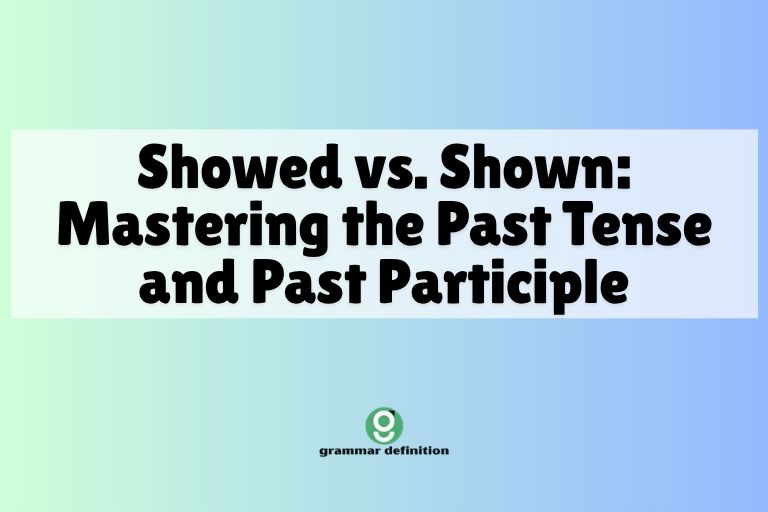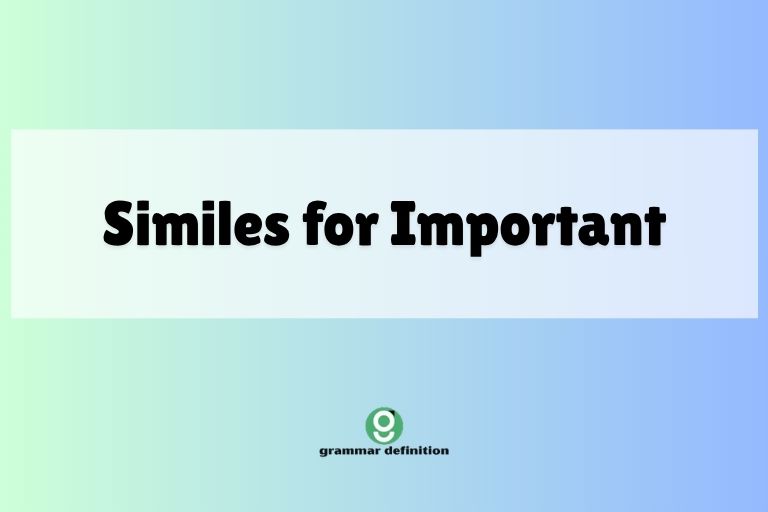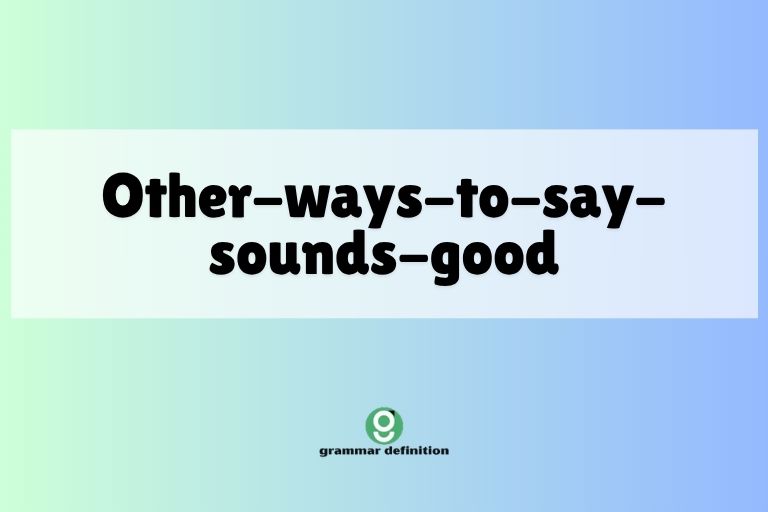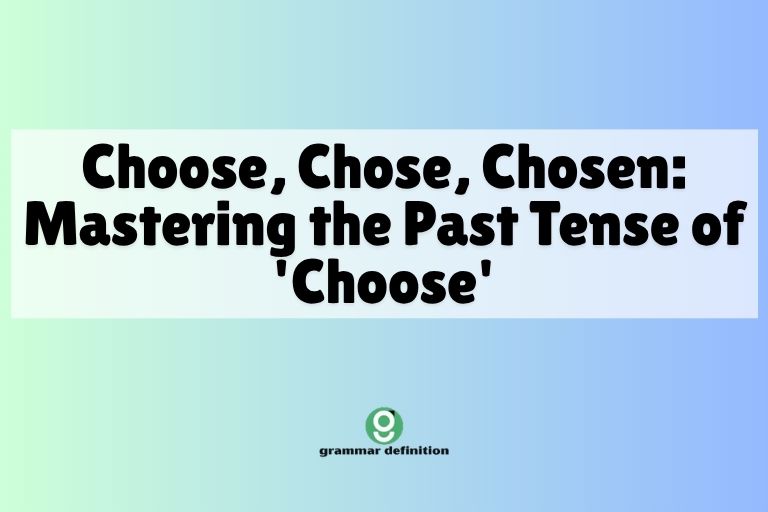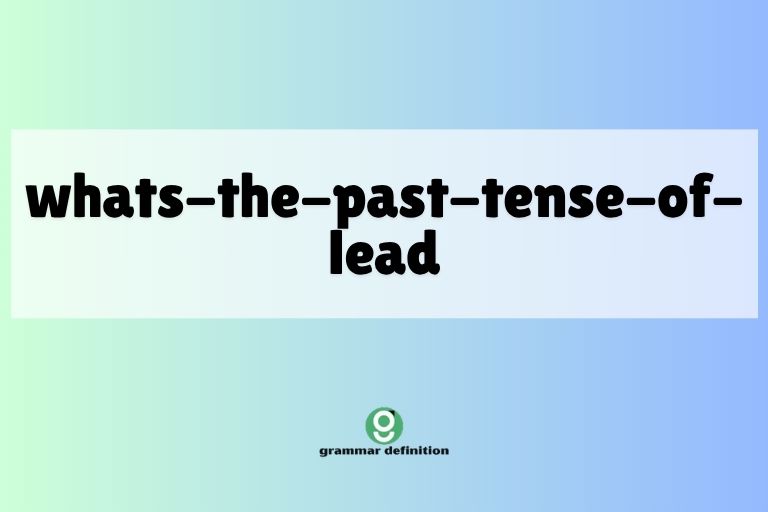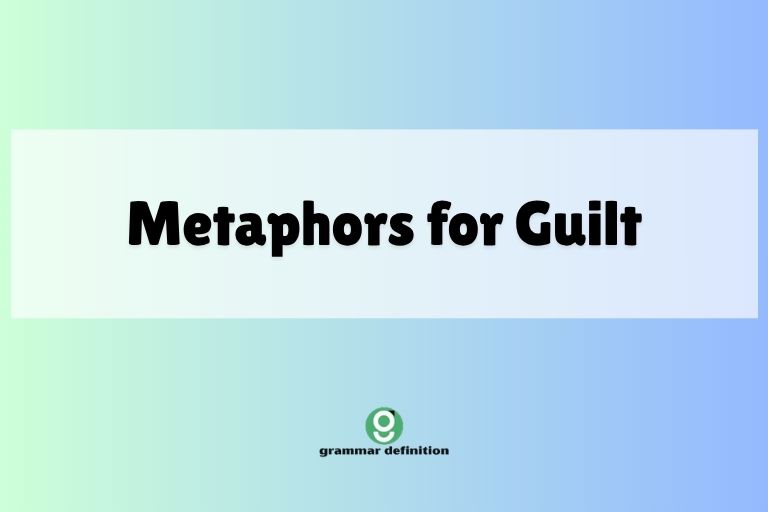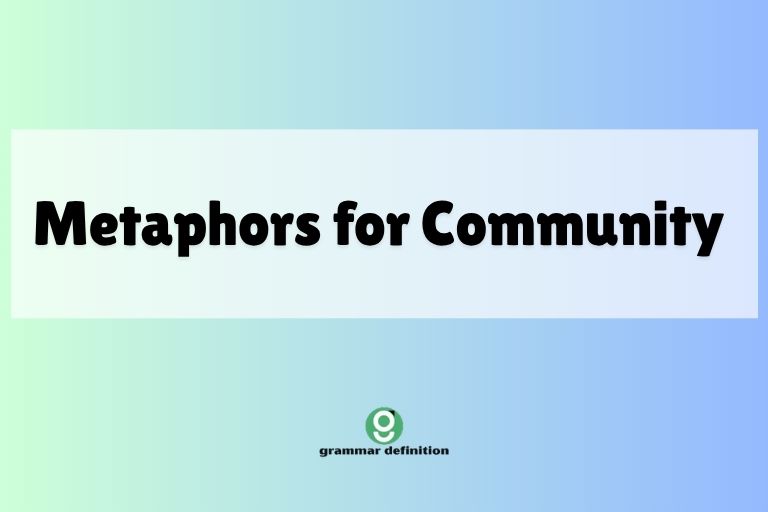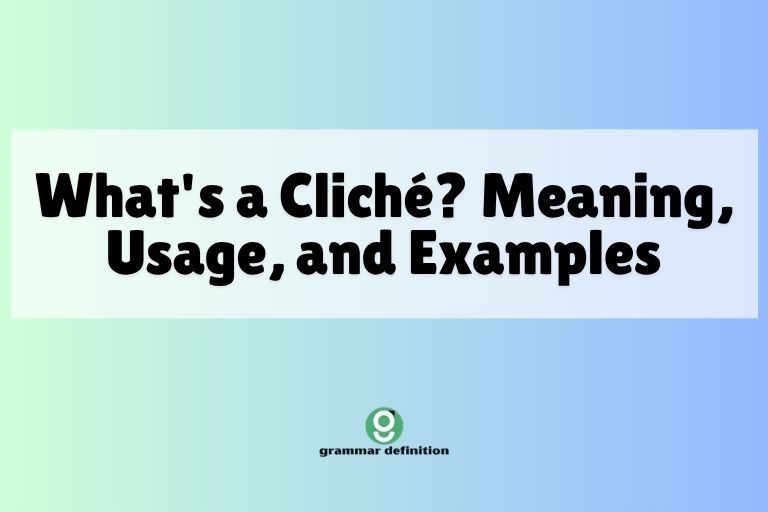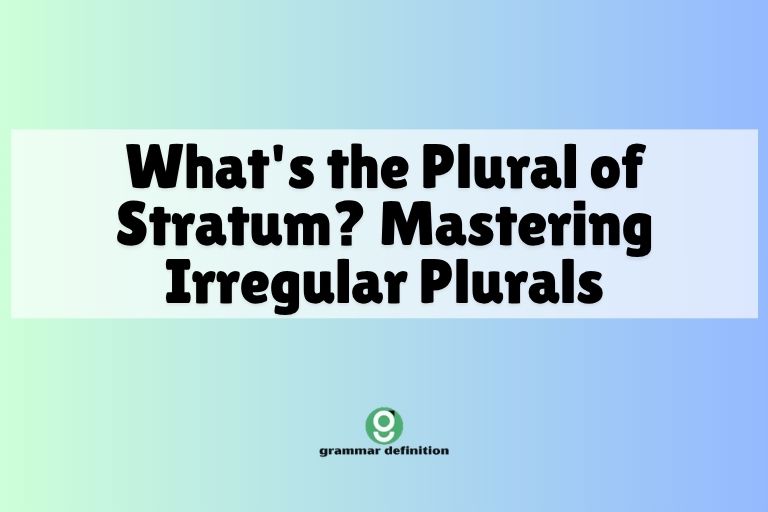Showed vs. Shown: Mastering the Past Tense and Past Participle
Understanding the correct usage of “showed” and “shown” is crucial for mastering English grammar. These two forms represent the past tense and past participle of the verb “show,” and using them correctly ensures clarity and precision in your writing and speech. This article provides a comprehensive guide to differentiating between “showed” and “shown,” covering their … Read more

